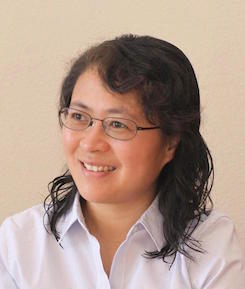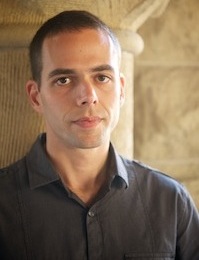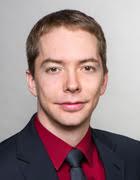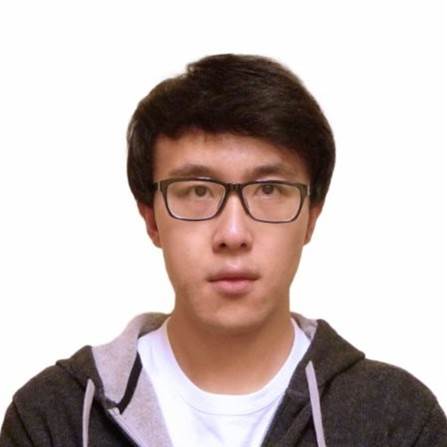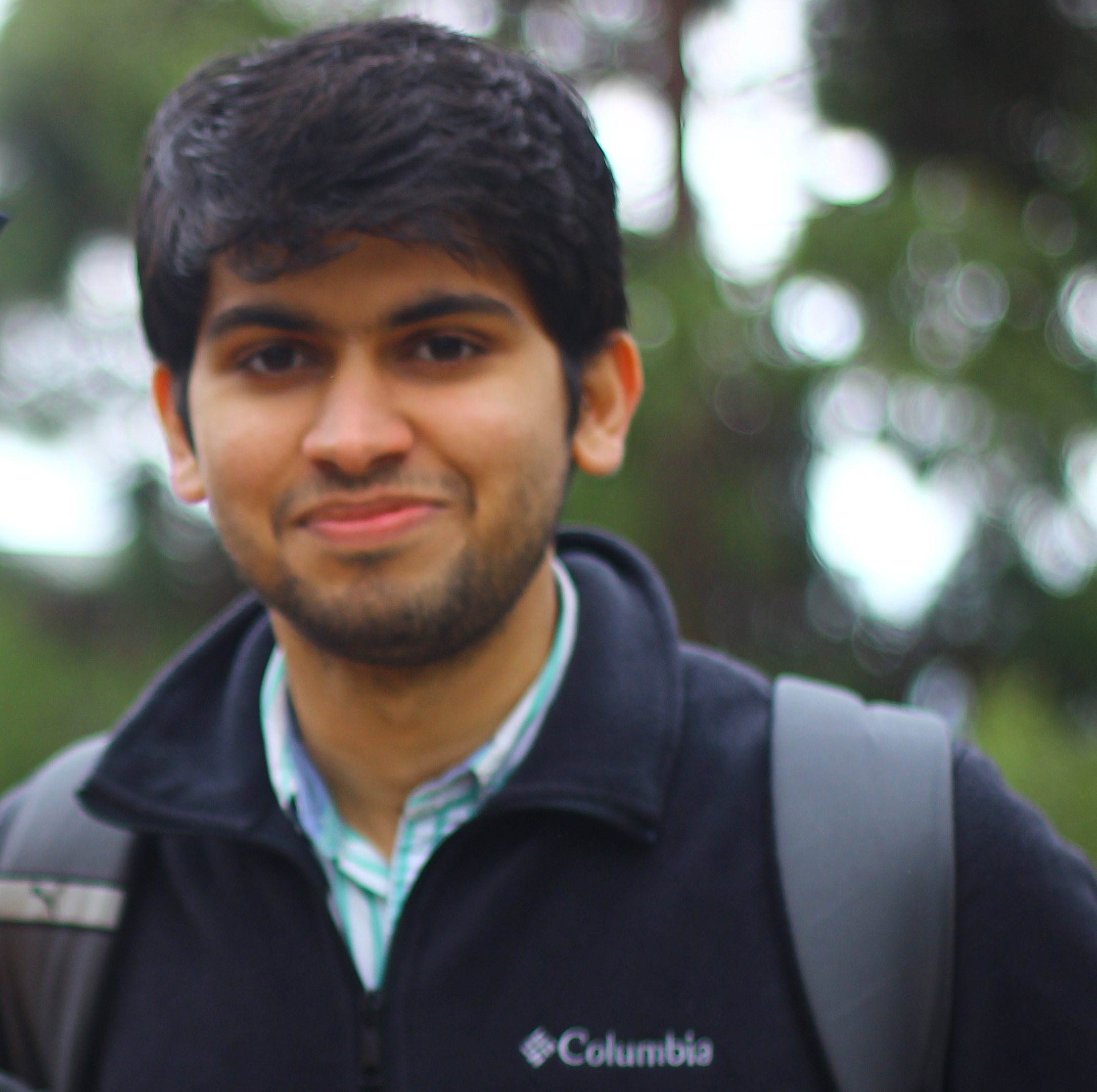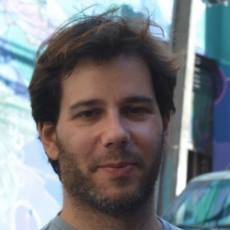Seminar
Splitting the Equity Pie & Other Aspects of Equity Compensation
Abstract: Equity compensation can be a very mysterious concept for first-time entrepreneurs. Learn how to make critical decisions from the division of the Founders' Pie through stock option grants & vesting schedules. Biography: Frank Demmler is Innovation Works’ Vice President of The Entrepreneurial Services Team, the internal group that assists early stage companies’ efforts [...]
Data-Driven Learning Towards Perceptual Organization
Abstract: Computer vision has advanced rapidly with deep learning, achieving above human performance on some classification benchmarks. At the core of the state-of-the-art approaches for image classification, object detection, and semantic/instance segmentation is sliding window classification, engineered for computational efficiency. Such piecemeal analysis of visual perception often has trouble getting details right and fails miserably [...]
Learning to Drive
Abstract: Why is our understanding of sensorimotor control behind our understanding of perception? I will talk about structural differences between perception and control, and how these differences can be mitigated to help advance sensorimotor control systems. Judicious use of simulation can play an important role and I will describe some simulation tools that we have [...]
Composable Benchmarks for Safe Motion Planning on Roads
Abstract Numerical experiments for motion planning of road vehicles require numerous components: vehicle dynamics, a road network, static obstacles, dynamic obstacles and their movement over time, goal regions, a cost function, etc. Providing a description of the numerical experiment precise enough to reproduce it might require several pages of information. Thus, only key aspects are [...]
Deep Representation Learning with Induced Structural Priors
Abstract: With the support of big-data and big-compute, deep learning has reshaped the landscape of research and applications in artificial intelligence. Whilst traditional hand-guided feature engineering in many cases is simplified, the deep network architectures become increasingly more complex. A central question is if we can distill the minimal set of structural priors that can [...]
Lifelong Learning via Curiosity and Self-supervision
Abstract: Humans demonstrate remarkable ability to generalize their knowledge and skills to new unseen scenarios. One of the primary reasons is that they are continually learning by acting in the environment and adapting to novel circumstances. This is in sharp contrast to our current machine learning algorithms which are incredibly narrow in only performing the [...]
Capturing and Learning Digital Humans
Abstract: The world is shifting towards a digitization of everything -- music, books, movies and news in digital form are common in our everyday lives. Digitizing human beings would redefine the way we think and communicate (with other humans and with machines), and it is necessary for many applications; for example, to transport people into virtual and augmented reality, [...]
Deformable models meet deep learning: supervised and unsupervised approaches
Abstract: In this talk I will be presenting recent work on combining ideas from deformable models with deep learning. I will start by describing DenseReg and DensePose, two recently introduced systems for establishing dense correspondences between 2D images and 3D surface models ``in the wild'', namely in the presence of background, occlusions, and multiple objects. [...]

